
Home / Paediatric & Population-Based Dermatology Research /
All projects
Browse through our projects and find out about them.
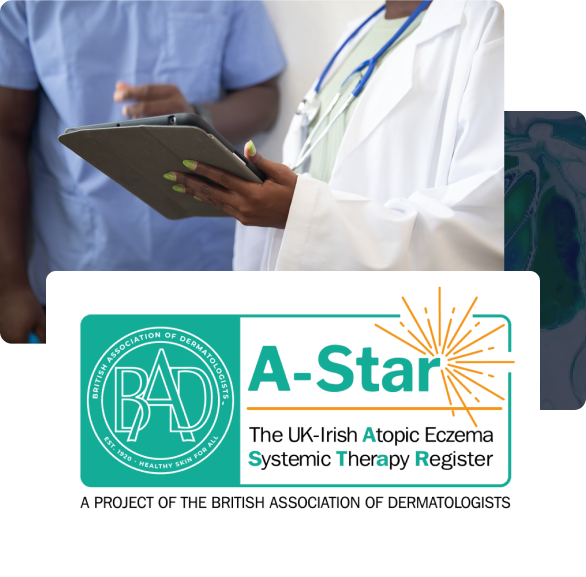
A-STAR
The UK-Irish Atopic dermatitis Systemic Therapy Register (A-STAR) is an observational study that assesses how well patients with moderate to severe eczema respond to systemic treatments.
At the current moment, there is no long-term data on the safety and effectiveness of these systemic treatments from a large-scale multi-centre registry.
The main aim of this study is to measure the short- and long-term safety and effectiveness of existing and new systemic immune-modulatory therapies in paediatric and adult patients with atopic dermatitis.
Funding body: British Association of Dermatologists Eczema Register Ltd (BADERL)

TRANS FOODS
Preventing peanut allergy through improved understanding of the transcutaneous sensitisation route, novel food processing and skin care adaptations
The TRANS-FOODS project is led by King’s College London (Chief Investigator Prof Carsten Flohr, Co-Investigators Prof Stuart Jones and Prof Alexandra Santos) and brings together a consortium of senior investigators from University College London Charité Berlin (Prof Martina Meinke), Bonn University (Prof Natalija Novak) and Institut Curie in Paris (Dr Elodie Segura).
The study aims to understand how peanut processing and co-administration with oils influence the development of peanut allergy through the skin.
Funding body: European Commission (EC), Horizon 2020 – Joint Program Initiative

Mind and Skin Consortium
A prospective cohort study evaluating the impact of inflammation, itch and sleep disturbance on the brain, mental health and cognition, in patients with eczema.
Funding body: Medical Research Foundation and Wellcome Trust King’s Together Grant
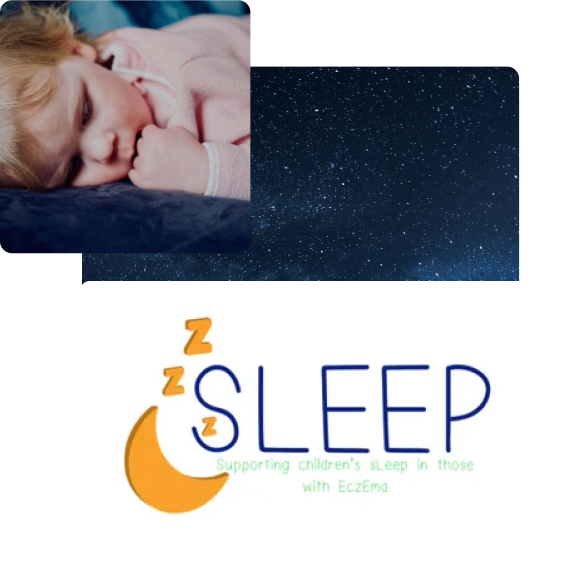
Introduction to Sleep Study
Guidelines for eczema recommend a holistic approach, yet therapeutic strategies primarily focus on controlling skin symptoms such as itch, dryness, and inflammation. Research highlights the negative effects of sleep disturbance, including emotional and conduct problems as well as impaired school performance. However, there is much less evidence to support sleep-focused drug and behavioral interventions in eczema. This project aims to i) improve our understanding of the burden of eczema-related sleep disturbance from the perspectives of patients, families, and healthcare workers (HCWs), and ii) provide up-to-date insights into the current management of sleep disturbance, including prescribed and non-prescribed pharmacological treatments and behavioral methods.

Phenobiome
The aim of this study is to identify microbiome, metabolome and immune signatures associated with flexural vs follicular vs discoid AD.
Funding body: Pfizer Ltd
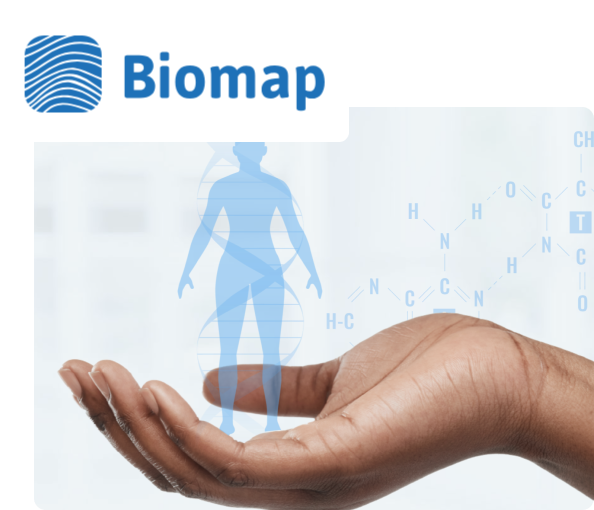
BIOMAP
BIOMAP aims to examine the causes and mechanisms of atopic dermatitis and psoriasis by identifying the biomarkers responsible for the variation in disease outcome. By taking advantage of recent technical developments in translational medicine, the project will drive drug discovery and improve direct disease management by combining clinical, genetic and epidemiological expertise with modern molecular analysis techniques and newly-developed tools in bioinformatics.
Funding body: European Commission (EC) IMI Programme.

Kids in Control: Breaking the Itch-scratch Cycle
The Kids in Control: Breaking the Itch-scratch Cycle study aims to develop and assess the use and acceptability of a virtual habit reversal programme for children with atopic dermatitis (AD) in order to help them reduce the itch-scratch cycle. The itch-scratch cycle is known to exacerbate skin problems due to itchy skin leading to scratching which further damages the skin. Reducing the itch-scratch cycle could become an important part of future treatments for people with AD.
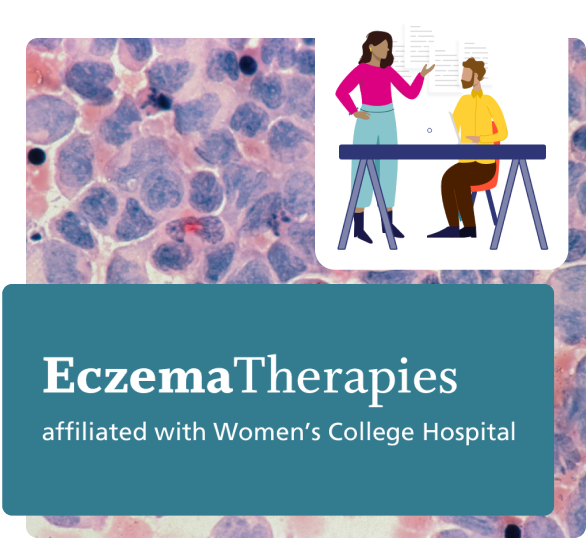
Eczema Therapies
Together with colleagues from Canada, Germany, the Netherlands and the UK we are leading a living network meta-analysis (NMA) of the treatment efficacy and safety of systemic treatments for atopic dermatitis. Based on the findings from the NMA we regularly update the decision-making tool for clinicians and patients found on our website.

GADA
The aim of GADA is to create and maintain an atlas where all data about atopic dermatitis is available in one place, across all countries: how many people have AD, at what age, its severity, and how AD affects patients in different settings. The GADA project will also conduct new fieldwork to fill current gaps on the global burden map.

DREAM TO TREAT AD
Dream to treat atopic dermatitis is a pan-European registry-based observational study of abrocitinib and conventional systemic therapies in moderate and severe atopic dermatitis. It united five European registries, all members of TREAT Registries Taskforce (TREAT Germany, TREAT NL/BE, SCRATCH, A-STAR UK, A-STAR Ireland).
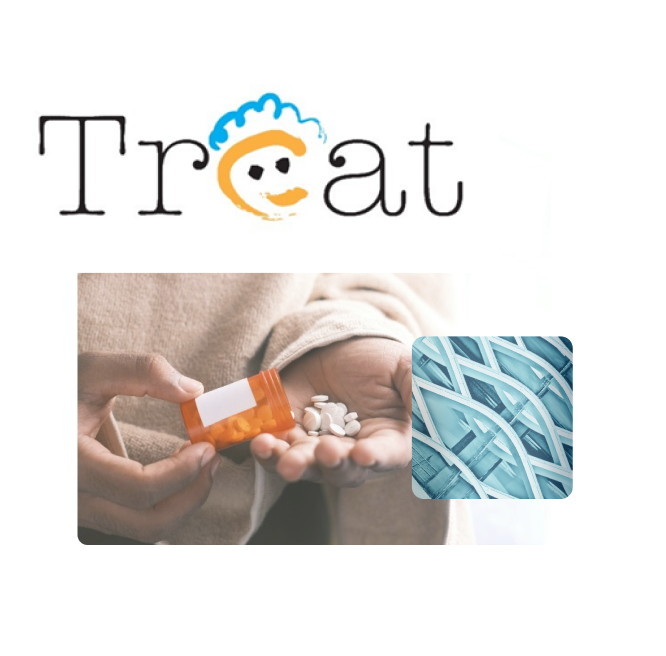
TREAT (completed)
A Randomised Controlled Trial Assessing the Effectiveness, Safety and Cost-effectiveness of Methotrexate versus Ciclosporin in the Treatment of Severe Atopic dermatitis in Children: The TREatment of Severe Atopic dermatitis Trial (TREAT
Funded by National Institute for Health Research’s Efficacy and Mechanism Evaluation (EME) Programme

SECURE-AD Covid-19 atopic dermatitis study (completed)
The SECURE-AD COVID-19 study was launched to investigate how COVID-19 affected people with atopic dermatitis. At that time, it was not known how the COVID-19 pandemic impacted patients with atopic dermatitis or what effect systemic medications had on COVID-19 outcomes. This register helped provide a better understanding of the effect COVID-19 had and, through this, helped improve patient care.
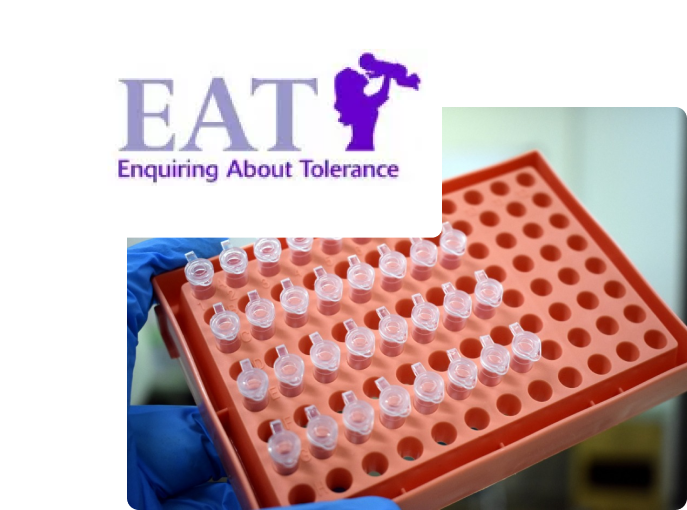
EAT Study (completed)
The Enquiring About Tolerance (EAT) study aimed to investigate whether the early introduction of six allergenic foods (milk, peanut, sesame, fish, egg, and wheat), alongside continued breastfeeding, reduced the number of children developing food allergies and other allergic diseases, such as eczema, by the age of three.
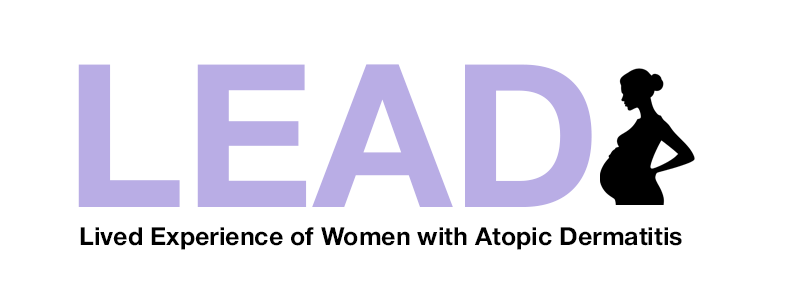
LEAD-NLP
Improving our understanding of atopic dermatitis before, during and after pregnancy and exploring whether natural language processing can enhance qualitative research methods for thematic, semantic and sentiment analyses in dermatology to uncover key challenges, unmet needs, and emotional impacts of atopic dermatitis in women.



